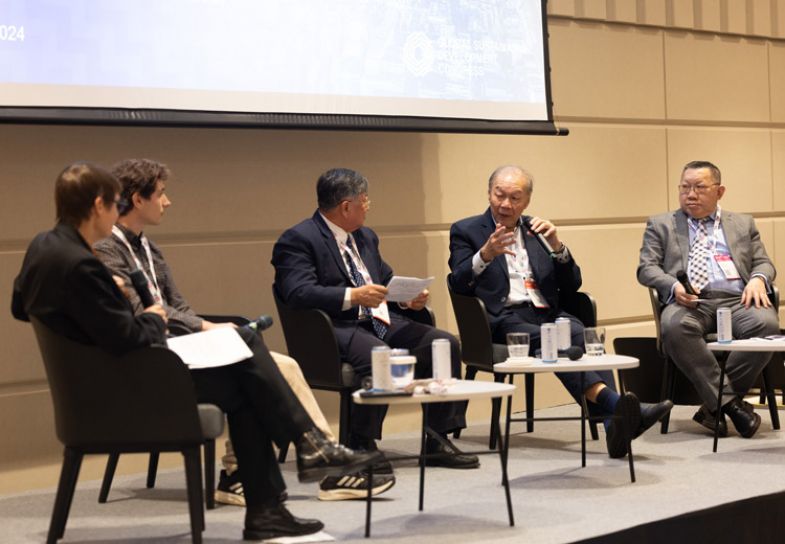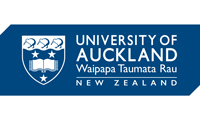
Source:
THE Events

Governments and universities need to think holistically about AI, sustainability and the future
Institutions must develop plans and policies to benefit from AI’s potential but also guard against its pitfalls, said panellists during a session, held in partnership with New Zealand’s University of Auckland, at the 2024 THE Global Sustainable Development Congress in Bangkok. “It’s a question of whether you are using the technology appropriately,” said Teck Seng Low, senior vice-president for sustainability and resilience at the National University of Singapore. AI and technology have a positive side and many people around the world could benefit from them, he said. “But if you don’t manage them well, we run the risk of destroying what we already have.”
For example, the computer chips needed to support AI consume a lot of energy as do the data centres that process their data. “We have to think more holistically in everything we do,” said Low. Solar panels, for instance, were designed to have a 25-year life span. “But after 25 years, what happened to those panels?” he asked. “Science will help to solve many of these problems but we need to have a responsible citizenry.”
Gaël Gendron, a PhD candidate working on AI at the University of Auckland, noted that generative AI – which learns patterns from existing data sets and uses them to generate new data – was only one subset of AI. There were many other systems and applications, aside from the ones such as ChatGPT and language generation, including medical imaging, optimising systems and predicting weather events.
For healthcare, disruptive technologies such as AI have an important contribution to make, said Banchong Mahaisavariya, president of Mahidol University in Thailand. From telehealth to wearable devices that monitor patients remotely, there are many benefits of AI. “It could also help make diagnosis more accurate and faster,” he added.
Similarly, Mahaisavariya explained that technology and AI increased access to education through virtual classrooms, hybrid learning and simulation technology, which could assist disciplines that require hands-on skills, such as nursing.
However, AI concentrated power and data in the hands of a few corporations, according to Siah Hwee Ang, director of New Zealand’s Southeast Asia Centre of Asia-Pacific Excellence. “You have all these large firms that collect data based on consumption and they have more data than a country gets through its national census.”
Universities and researchers had an important role to play in framing the definitions and discussions around AI and sustainability, said the panel, and they were important places for bringing people together.
“Education is more than the acquisition of knowledge and information. It is about bringing people together,” said Low. “They need to learn how to live together in a society and a community. If you don’t do so, we run the risk of dissecting ourselves into small little cubicles where we are in our own little worlds.”
Mahaisavariya said that universities also need to think about what AI could not do. We need to teach the younger generation and help them to understand the consequences of AI, he said.
Gendron said that universities could learn from the methods of AI. The larger the data set, the better the AI, he said. “We should do the same thing with people. People with different values, different backgrounds and interdisciplinarity can increase the diversity of our knowledge and help us collaborate with more people.”
Julie Rowland, deputy dean for the Faculty of Science at the University of Auckland, acknowledged the diversity and wisdom of the panel. “In this time of rising geopolitical tensions and climate change, the global community of universities has a pivotal role to play as we scale AI solutions for a just and fair world that is liveable for generations to come,” Rowland concluded.
The panel:
- Siah Hwee Ang, director, Southeast Asia Centre of Asia-Pacific Excellence, New Zealand
- Gaël Gendron, PhD candidate, University of Auckland
- Teck Seng Low, senior vice-president for sustainability and resilience, National University of Singapore
- Banchong Mahaisavariya, president, Mahidol University
- Julie Rowland, deputy dean, Faculty of Science, University of Auckland
Find out more about the University of Auckland.






